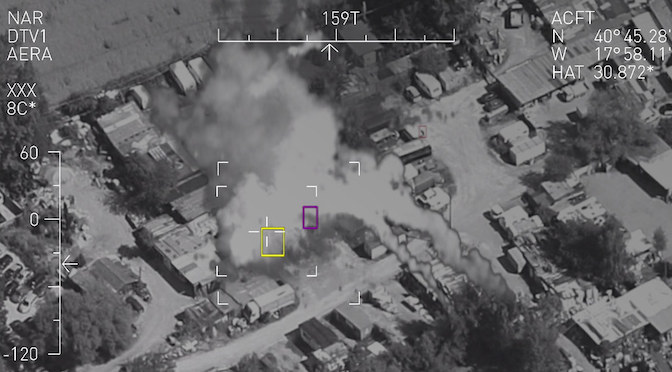Laura A. Dickinson discusses the challenges and limitations of applying domestic and international legal frameworks, including jus ad bellum and international human rights law, as the US conducts over the horizon, unmanned aerial vehicle operations, while US officials provide conflicting statements on whether the US remains at war. Dickinson examines Mitt Regan’s book Drone Strike:… Continue reading Over-the Horizon Drone Strikes in an Ongoing Global War: Afghanistan and Beyond
Tag: International Law
Analyzing the Legality and Effectiveness of US Targeted Killing
Laurie Blank discusses a new approach to analyze the legality and effectiveness of US targeted killing. She suggests that targeted killing should be viewed through a lens that combines the effectiveness and legality metrics while also focusing on the essential issue of legitimacy. Blank then explores the effectiveness of targeted killing through a legal lens… Continue reading Analyzing the Legality and Effectiveness of US Targeted Killing
Why is the “Spectrum Model” of Internationally Wrongful Acts Problematic in Cyberspace?
There are generally four concepts in international law that describe a state’s wrongful acts: violation of sovereignty, prohibited intervention, use of force, and armed attack. These four concepts emerged in the pre-internet era, thus the application of them in cyberspace has caused many disagreements. However, notwithstanding the disagreements on the scope of any particular concepts,… Continue reading Why is the “Spectrum Model” of Internationally Wrongful Acts Problematic in Cyberspace?



